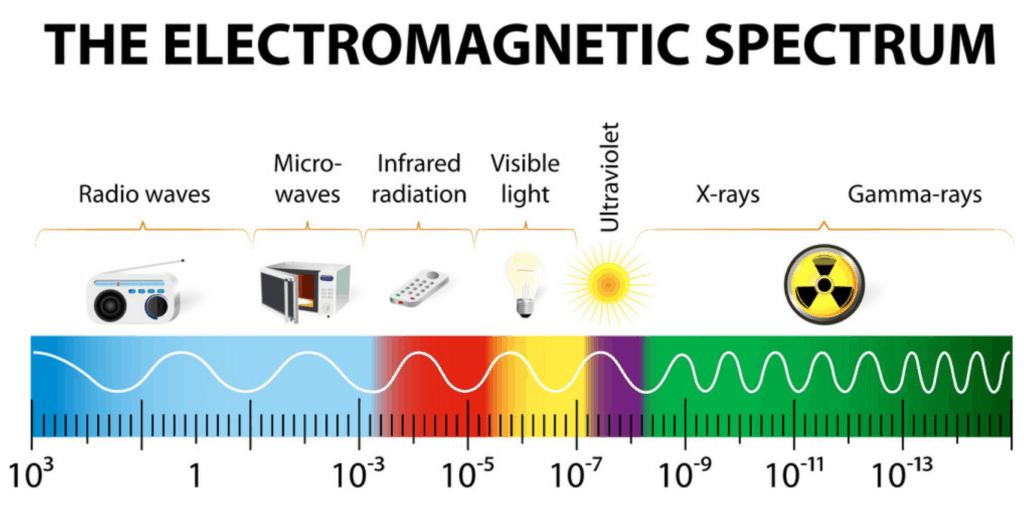In recent years, the media and lens manufacturers have increased our awareness of blue light radiation and how this may affect eye health. However claims that blue light radiation can cause eye diseases such as cataracts and macular degeneration should be taken with caution as the case for blue light hazards harming our eyes is tenuous at best and many blue light studies have notable shortcomings.
Our focus should remain on protecting our eyes from ultraviolet radiation (UVR), this is radiation that our eyes cannot see but it can severely damage the eyes and surrounding tissue. So what is UVR?
UVR is part of the natural energy produced by the sun, our eyes cannot see UVR but we able to feel it through our skin and there are two types of UVR that are proven to contribute to the risk of skin cancer:
- Ultraviolet A (UVA)
- Ultraviolet B (UVB)

Both UVA and UVB differ in how they affect the skin, but unprotected exposure to this radiation damages the DNA in our skin, producing mutations that can lead to skin cancer, eyelid cancers, cataracts and unsightly growths on the white of the eye.
Minimising our eye’s exposure to UVA and UVB will greatly redu
ce the risk of early cataract formation and protect the delicate retina at the back of the eye. This should begin from a young age as younger eyes have not developed the protective proteins in the crystalline lens that adults have to shield the retina from high energy light exposure.
The best way to protect our eyes is to wear good quality sunglasses lenses that block UV radiation fully, and to start protection at an early age. Clear optical lenses can also block UVR if the correct treatments are selected for these lenses in the form of UV specific multicoats and/or photochromatic technology.
If you are taking medications, it is also important to check if they will put the skin at higher risk of harm from UVR as common drugs such as Aspirin, some blood pressure medications and some oral antibiotics can make your skin more sensitive to the sun and lead to severe sunburn.
To find out more about how you can protect your eyes book an appointment with our optometrist at Artarmon Vision!


Leave a Reply